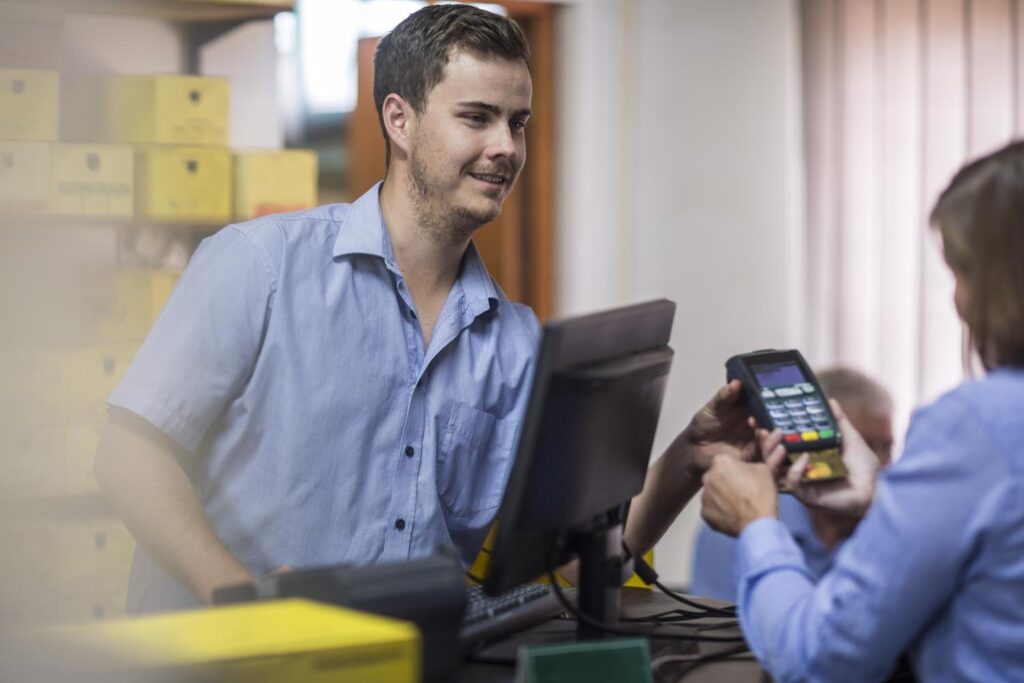The FMCG industry is a highly competitive market. Manufacturers and wholesalers are always looking for ways to stay ahead of the competition. One way to do this is by building trust with your customers. In today’s FMCG world, it’s not just about delivering products, but about creating a relationship with your customers that will last well into the future.
In this blog post we’ll discuss how manufacturers and wholesalers can build that all-important trust in FMCG relationships. When done in the right way, the below tips can provide your company a competitive edge.
Dependability
The nature of trust in FMCG relationships relies on dependability. It’s the retailer and consumer’s assurance that they’re not going to run out of their favourite product and have to go live without it. Some situations you just can’t foresee. Think toilet paper during lockdowns! The best way for manufacturers and wholesalers to build trust is with dependability, which means consistently delivering products on time and mitigating risks wherever possible.
Transparency
Providing your customers with information about your products helps to build trust. Where your product comes from, how it was made and where the materials were sourced may all be important factors to your customers, depending on the nature of your products. It’s also incredibly important for your workforce to build a sense of workplace morale who all talk to family and friends about your company and brand.
Sustainability
Considering sustainability is not only the right thing to do as a company, it will help to build trust with a growing number of customers. From sourcing materials to consider the environment, measuring a product’s carbon footprint or limiting packaging – sustainability is an important consideration for FMCG brands today. This is currently the hottest topic in the retail world and is a key driver in retail buyers’ decision-making process at times of range review.
E-commerce
The rise of e-commerce means that consumers have greater access than ever before to products from all over the world and this has changed the way we shop. FMCG brands who plan to sell direct online, must ensure they don’t damage relationships with retailers. It’s important for manufacturers and wholesalers to not undercut retailers. Having a very clear on and offline pricing strategy is key to not devaluing your brand in any market.
Need help building your pricing strategy? Book a One-on-One coaching session with a retail expert here.
Social Media
FMCG brands should use content marketing throughout a variety of digital channels in order to build brand awareness and sales. The rise of social media has been a game changer for FMCG brands. FMCG brands can use social platforms to effectively communicate transparency and any sustainability efforts made, as mentioned above. Both consumers and retailers use your social media as a vehicle of discovery to understand your brands value proposition.
Where should you start?
The above points are by no means exhaustive. It really is a brief summary of FMCG relationships and how trust can build your brands success. It’s a long-term game! FMCG companies should focus on building trustful, long-term business partnerships and avoid short term gains that may have negative impacts in the future.
If you are wanting to get your products onto the shelves of more retailers or looking to get into some of the largest mainstream retail outlets, including Coles and Woolworths, (Australia) the Retail Excellence Program is a great place to start. It’s an interactive, practical and hands-on course that is designed to help you understand FMCG relationships and develop winning strategies.
Reach out to our team today to have a chat. We’re here to help!




